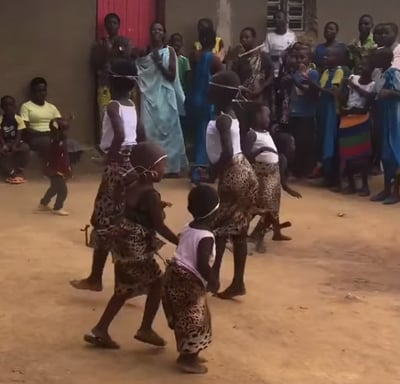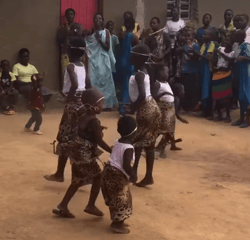
I’ve seen too much hate to want to hate.
I've seen too much hate out of the Klansmen of the South to want to hate. Every time I see it, I say to myself, hate is too great a burden to bear. Somehow we must be able to stand up before our most bitter opponents and say:
“We shall match your capacity to inflict suffering by our capacity to endure suffering. We will meet your physical force with soul force. Do to us what you will and we will still love you. We cannot in all good conscience obey your unjust laws and abide by the unjust system, because non-cooperation with evil is as much a moral obligation as is cooperation with good, and so throw us in jail and we will still love you. Bomb our homes and threaten our children, and, as difficult as it is, we will still love you. Send your hooded perpetrators of violence into our communities at the midnight hour and drag us out on some wayside road and leave us half-dead as you beat us, and we will still love you. Send your propaganda agents around the country, and make it appear that we are not fit, culturally and otherwise, for integration, and we’ll still love you. But be assured that we’ll wear you down by our capacity to suffer, and one day we will win our freedom. We will not only win freedom for ourselves; we will so appeal to your heart and conscience that we will win you in the process, and our victory will be a double victory.”
Martin Luther King Jr. (excerpt from A Christmas Sermon for Peace on Dec 24, 1967)
Our victory will be a double victory.
This is Jesus’ heart for us and the Reverend King knew it. This is the passion and drive behind ‘loving your enemies’. Not only does it bring freedom to our hearts but it opens the door for transformation in our enemies hearts.
We have to be willing to answer the call in Philippians 2:3-4
Do nothing out of selfish ambition or vain conceit. Rather, in humility value others above yourselves, not looking to your own interests but each of you to the interests of the others.
When can we start claiming our victory?
God says when we start recognizing who we are and what we are made to do ‘we are ambassadors of reconciliation’ (2 Corinthians 5:18-19), which means we’ve been given the assignment to be the first ones to acknowledge the hurt, brokenness, or wrong done. We’re also the first to offer forgiveness and love to those who have done us wrong. Love is not an endorsement of the wrong done, it’s a command to see the possibility.
The Rwandan genocide of 1994 was one of the worst atrocities we’ve seen in modern time.
The neighboring people groups- the Hutu & the Tutsi people- found themselves in a civil war. Instead of 'loving their neighbors’, the Hutu group (though not all) found themselves hating the Tutsi based on power & ethnicity. This led to a genocide of epic proportions killing hundreds of thousands (nearly 70%) of the Tutsi people. At the end of the genocide, Rwanda found itself desperate and divided. They needed to find a way to heal and move forward through this dark period in their story. This is where Jesus’ people, the Church, brought an answer.

Here’s a beautiful picture of what this looks like in the Church in Rwanda. This is the family of both facilitators of the genocide and victims of the genocide. Living in community, reconciled to one another…asking people to please learn from them and share their story and vision for a peaceful, justice-filled future with the world.
One of my wife’s friends recently returned from Rwanda and shared this with us:
‘After the genocide, Rwanda had to create a path forward. They shunned outside influence, as outside influence was what got them to this place to begin with. But internally, there was a place where they saw a picture of reconciliation. It was the Church. The Church in Rwanda became a key model of reconciliation, true unity seen where Hutu and Tutsi could worship side by side. But not just interpersonal reconciliation, the church was a vision of how Jesus could transform lives AND communities.
The interplay of Jesus and justice could not be separated, and still are not seen as separate… it is the fullness of the ministry of Jesus. You won’t find anyone doing reconciliation work in Rwanda that says the past should be forgotten. Because with a full remembrance and honoring of the past comes freedom, not guilt. It brings power instead of disenfranchisement. It brings fullness of life rather than morphing versions of oppression.’
From this Rwandan victory we can learn the importance of first acknowledging the broken relationship, next forgive, and lastly be willing to love our enemy. When we do this often our mindset begins to shift and we may no longer see them as an enemy. I challenge you to take the next step in this journey. We don’t have to do this perfectly, but we do have to pursue wholeness & growth.
In closing ask yourself these questions:
- What does it look like to make room in your heart to forgive those who have offended you?
- What does it look like to see your enemy through the eyes of Jesus?
- What does it look like to live a life being unoffendable ?
If you struggle with unforgiveness, I encourage you to reach out to someone you trust to help you to release unforgiveness and bless those who have hurt you.



